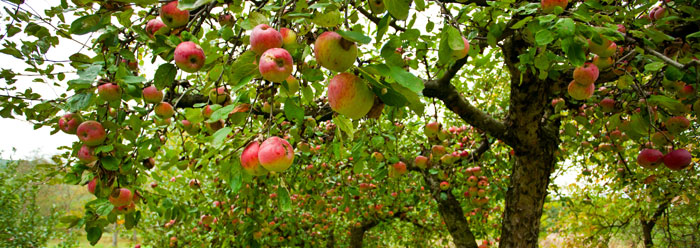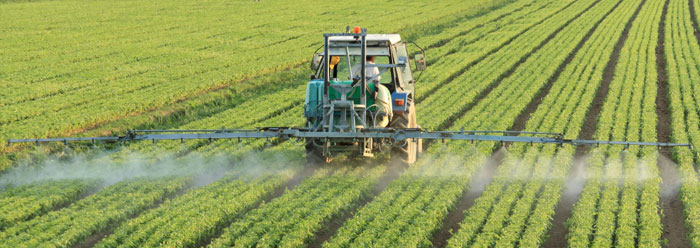|
|
| News |
|
FDA Probes Arsenic Presence in Rice from India and Other Nations The US health watchdog FDA (Food and Drug Administration) is conducting a detailed inspection of the arsenic level in rice being sold in the American market, including those of basmati variety imported from India. FDA conducted an analytical study of more than 1,300 samples of rice and rice products, which also included basmati rice from India. During the analysis no alarming levels of arsenic presence was found. However, the FDA will now conduct a “comprehensive risk assessment” with the aim to study and to determine the long-term impact of the arsenic found in rice. A higher level of arsenic has been said to increase the risk of developing skin, bladder and lung cancer. While most crops don’t readily take up much arsenic from the ground, rice is different because it takes up arsenic from soil and water more readily than other grains. US rice imports have been increasing in the last 25 years. Most US rice imports are aromatic varieties from Asia — jasmine from Thailand and basmati from India, the world’s largest producer of the aromatic grain. The total US rice imports for 2012-13 was projected at 19.5 million cwt (centum weight). Indian basmati is one of the most expensive rice varieties in the US as it commands a price two-three times higher than American domestic long-grain rice. |















